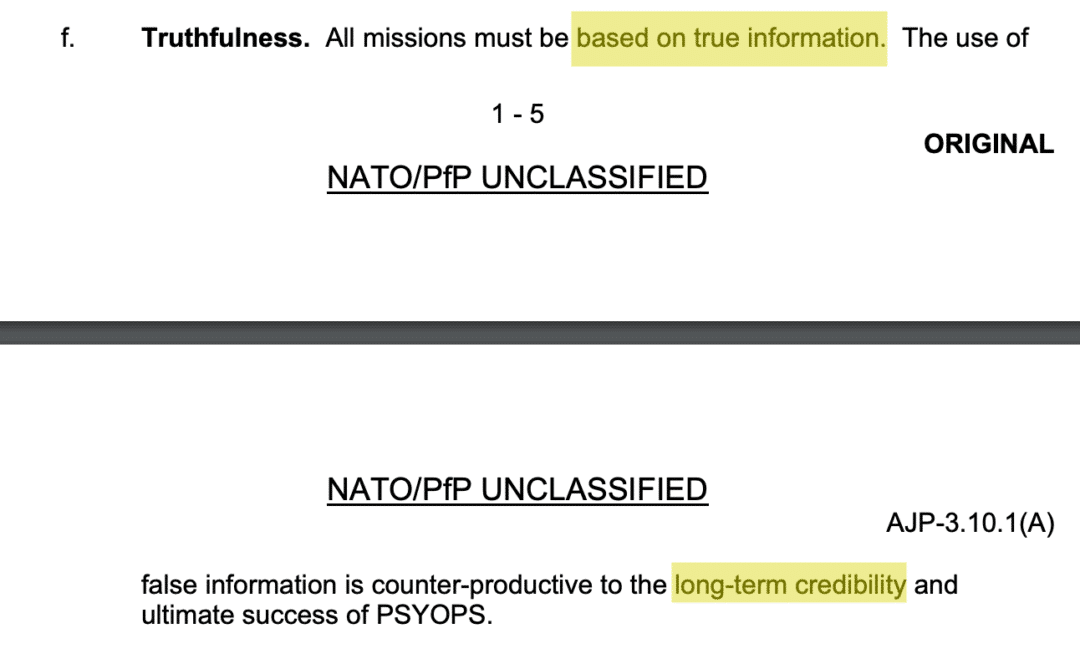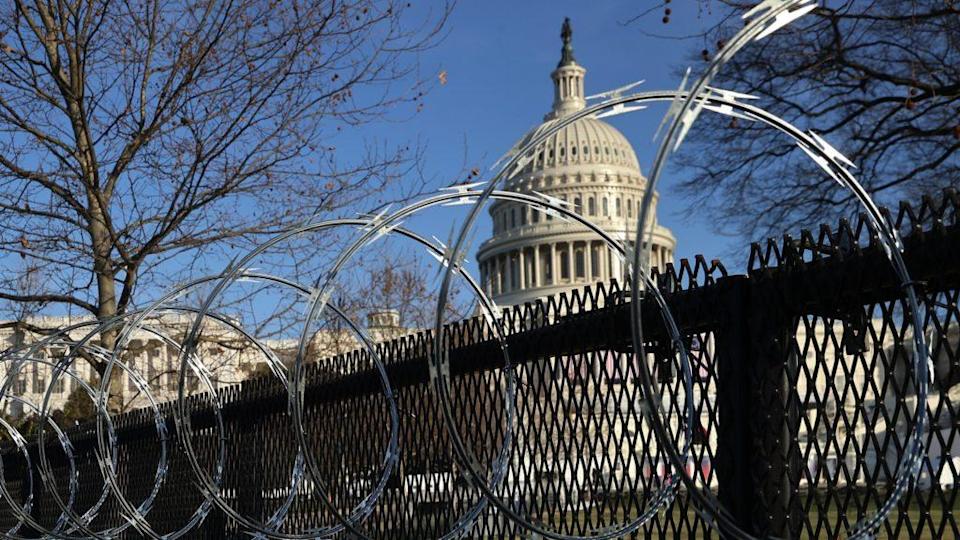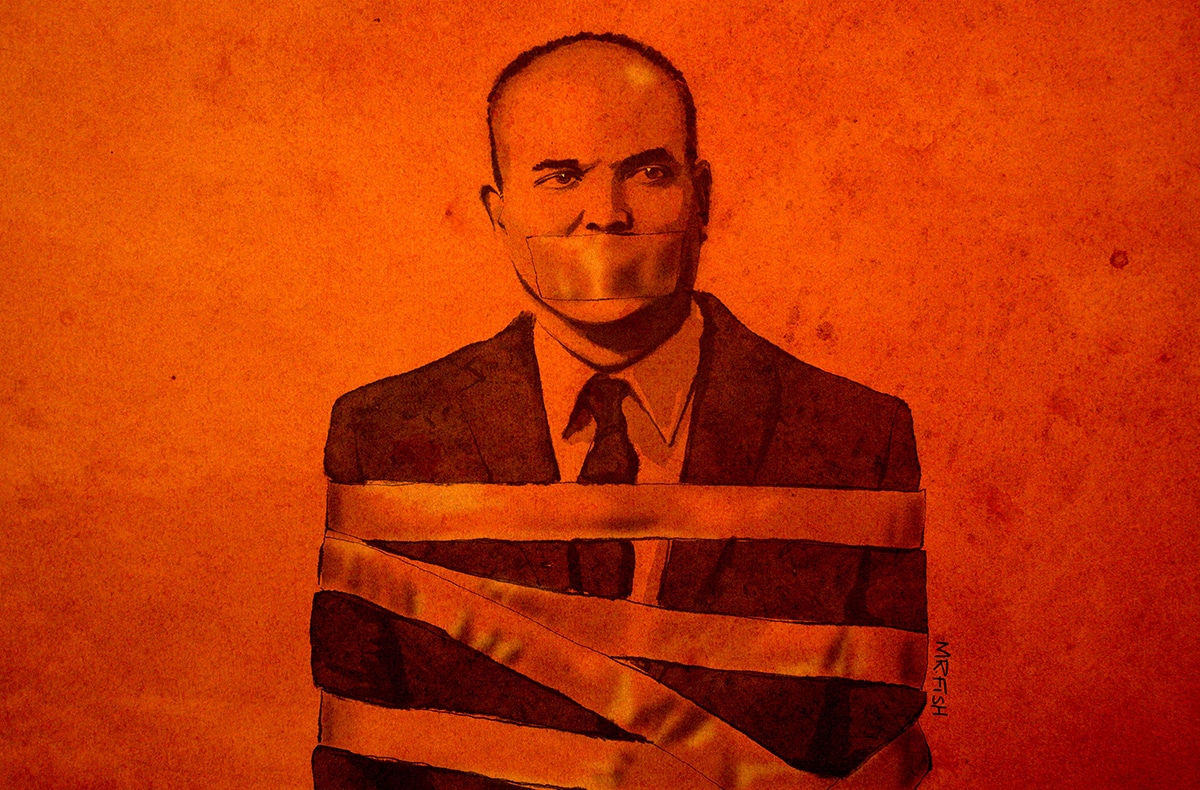

BACK TO THE FUTURE: Steve Bannon’s jailing will be of a type not seen since the days of the Red Scare and the “Hollywood Ten”
Welcome To The Third World
by Matt Taibbi | Jun 12, 2024
Last Thursday, a federal court ordered former chief strategist for Donald Trump, podcaster, and symbol of All Things Evil Steve Bannon jailed for defiance of a Congressional subpoena. Convicted in 2022 for refusing to appear before a House Committee investigating the January 6th Capitol riot, Bannon on July 1st will join former Trump aide Peter Navarro in a select group of Americans jailed for contempt of Congress since the meat-grinder days of McCarthy and the House Un-American Affairs Committee (HUAC).
Detractors cheered the timely benching of the host of War Room, which generates millions of downloads as the most influential pro-Trump media program. “Steve Bannon being off the air… is actually very good for the pro-democracy movement,” chortled political strategist Rick Wilson, noting that while Bannon was going away for four months, they’re “four vital months.” A former aide to Dick Cheney, Wilson in his Republican days was best known for an ad questioning whether Max Cleland, who lost three limbs in combat, had the “courage to lead.” He added: “Steve, when you’re in prison, you’re going to want to show dominance on the first day.”
I returned to America a year after 9/11, following a decade in the burgeoning Russian autocracy of Boris Yeltsin and Vladimir Putin. That experience allowed me to see how quickly even limited freedoms of speech or assembly can be vaporized. People blinded by dislike of Trump or Bannon should imagine trying to summon sympathy for people like Vladimir Gusinsky and Misha Khodorkovsky, oligarchs who got rich in very dubious privatization schemes but were early targets of political prosecutions in the Putin years (Gusinsky was raided by armed agents four months after Putin’s inauguration). For those protesting that Bannon is only headed inside because he’s scum who broke the law, political prosecutions always involve a legal violation, often even a real one. Americans just don’t know what that looks like.
Half the country has been conned into looking at the recent lawfare craze in isolation, not as the last stages of a long-developing drift toward autocracy started decades ago by Wilson’s former boss. The twist that sent the Dick Cheney revolution to new heights was a rebrand. When we switched post-9/11 focus from Islamic terror to Trump and “Domestic Violent Extremism,” left-liberal America suddenly embraced every form of overreach it once opposed. Now, chickens are coming home to roost. Once we started ignoring laws to pursue terror suspects in the early 2000s, it became inevitable the reflex would return to infect domestic politics. Trump accelerated that process, and if the cackling of someone like Wilson doesn’t remind you of how this authoritarian slide started, nothing will. It’s a straight line from there to here:
After 9/11 Cheney told us we would have to work through “the dark side” to defend ourselves, democracy being too feeble to hold up in a fight. We deployed the PATRIOT Act to expand police power, the 2001 Authorization of Military Force (AUMF) to give the White House more “nimble” war-making authority, introduced “enhanced interrogation” and watchlisting, and created carve-outs to the Geneva Convention and habeas corpus through the Military Commissions Act. This was in addition to new surveillance procedures approved in secret, and huge physical expansion of the spy state, spearheaded by establishing the 260,000-employee Department of Homeland Security.
Democrats denounced Cheney as a threat to the Bill of Rights and the architect of a dangerous form of government built on secrecy and concentrated presidential power. His ideas were even called un-American. As Conor Friedersdorf put it in The Atlantic, Cheney “advanced a theory of the executive that is at odds with the intentions of the Founders.” It was no accident liberals in 2008 rallied around constitutional lawyer Barack Obama, marketed as a “transformative” figure who’d reverse Cheney’s vision and reinvigorate our ideals.
When Obama won, though, appointees quickly indicated they may not “change the status quo immediately,” as White House counsel Gregory Craig euphemistically put it. When the “transformative presidency” vanished like a silverware-stealing houseguest, sad-trombone headlines ensued (“Obama’s War on Terror May Resemble Bush’s in Some Areas,” sighed the New York Times), and Democrats plunged into disillusionment. Supreme Court nominee Elena Kagan said a person suspected of funding al-Qaeda and caught in the Philippines could be considered “part of the battlefield” and subject to indefinite detention without trial, which sounded a lot like Bushian legal theory. Similarly, when new Attorney General Eric Holder was asked if he agreed that a person who “commits to going to war against America” should “be held off the battlefield as long as they’re dangerous,” Holder answered: “I do.”
These answers contained the seeds of the now well-developed theory of borderless existential warfare that drives the belief that any and all means must be employed to stop “enemies of democracy.” We just didn’t notice at the time, because the Obama administration was so expert in applying a new cosmetic face to Cheney’s revolution. Instead of Dubya boasting about smoking trrsts out of their holes, Obama re-cast decisions to institutionalize tools like the “Kill List” as somber exercises of “hard choices.” This was how easy it was to con fans of Obama, like — me. I was one of millions of Americans who thought it meant something that the new president was at least frowning and affecting reluctance about the War on Terror in public appearances, as opposed to Bush’s Slim Pickens-style “Bring it on!” cowboy routine.
Obama also smartly moved away from Bush’s Manichean rambling about good and evil and began emphasizing technocratic terms like “necessity” and “legality” when describing what was now his War on Terror. When his Secretary of Defense Leon Panetta made public comments about drone assassination in 2013, he talked about satisfying “the legal requirements to ensure that we were doing this carefully,” a statement people took seriously, even though the administration essentially invented most of the “legal requirements” surrounding its policies. Holder, for instance, had by then come up with a novel hack of the 5th Amendment guarantee of due process rights, saying “‘due process’ and ‘judicial process’ are not one and the same,” and “the Constitution guarantees due process, not judicial process.” In other words, “due process” according to the nation’s top law enforcement official could now be satisfied without the target’s participation, via secret deliberations within the Executive branch about who may and may not be assassinated.
Obama told the National Defense University in 2013 that he based the droning of American Anwar al-Awlaki on the fact that he “helped oversee the 2010 plot to detonate explosive devices on two U.S. bound cargo planes.” This couched the bombing as punishment for the never-tried crime of an American citizen, which made even that action conspicuously illegal, to say nothing of the killing of al-Awlaki’s sixteen year-old son Abdulrahman. But Obama sounded like he cared about the law, so this churning of kill lists and launching of military operations — even when they were conducted under a more arbitrary authority than that claimed by Bush and Cheney — acquired an air of respectability.
Another small cosmetic change came when the U.S. Army eliminated the term PSYOPS in 2010. Then-Secretary of Defense Robert Gates said it connoted “propaganda, brainwashing, manipulation, and deceit.” The replacement term was the less creepy-sounding “MISO,” or “Military Information Support Operations,” which “sounds like a soup, but what can you do?” explained then-defense official Rosa Brooks (who went on to become co-founder of the controversial Transition Integrity Project). Ditching “PSYOP” was unpopular among defense analysts, who resented the idea they should be embarrassed about efforts “to create emotions, attitudes [and] behavior favorable to the achievement of United States political and military objectives.”
Seven years later, after Trump was elected, the Army took the odd step of formally restoring “PSYOP.” The justification was based on a judgment about the spread of the global struggle. The thinking went that Russia, after episodes like the occupation of Crimea, had already brought the “influence” war to the U.S. through efforts to sway American opinions about that action, while our government was refusing to compete with these foreign psychological operations for these same hearts and minds with equivalent weaponry. From the Military Review:
U.S. and Western IO actions and programs to respond to Russian actions have increased since the annexation of the Crimea from Ukraine. NATO member states have recognized the increasing threat of Russian efforts to influence their internal politics and exacerbate divisions. However, these Western programs are an order less than Russian activity because of the power of Russian corruptive influence…
The essential element of both U.S. and NATO PSYOP and influence doctrine centers on the persuasive messages… being based upon truthful information to influence the target audience. As the NATO manual states, “PSYOPS must be based on true information. Using false information is counter-productive to the long-term credibility and success of PSYOPS.” This is both a strength and a limitation… the limitation is that Russia has no such constraints to its influence campaigns.
Who knew back then that there were people in government who considered telling the truth a limiting factor in war? If you look, you’ll find papers authored by high-ranking NATO officials as recently as 2022 pushing the idea that the traditional American concept of sticking to an “inform, not influence” strategy in its messaging is based on “flawed logic.” and “incorporating the argument of propaganda as a co-produced strategic process of deception” would better “serve NATO.”
This all started when officials prosecuting the later stages of the original War on Terror became convinced of a bizarre James Bondian concept. Forget terrorism: the new problem was an organized league of authoritarian rogue states that thrived on chaos and used the Internet to foment destabilizing actions ranging from Occupy Wall Street to Brexit to the Trump campaign. These informational assaults were so sophisticated, analysts believed, that democracy itself would be vulnerable to collapse if our military didn’t stop worrying about “truthfulness” and “credibility” in information operations.
I would never have had a clue about any of this, except the Twitter Files forced people like Michael Shellenberger, Lee Fang, Paul Thacker and me to search for origins of the weird authoritarian concepts found in the documents. We were repeatedly led to that period between roughly 2010 and 2017, when politicians convinced themselves terrorism was old news and “great power competition” was the new thing. Former Time magazine editor Rick Stengel, the first head of the new counter-messaging agency Barack Obama created by Executive Order in 2016, the Global Engagement Center, was convinced it was all connected, man. This is from Stengel’s book Information Wars:
Donald Trump entered the American presidential race, and it felt like everything suddenly connected. The information battles we were fighting far away had come home. Trump employed the same techniques of disinformation as the Russians and much the same scare tactics as ISIS. Russian propagandists had been calling Western media “fake news” long before Donald Trump…
I have no clue what percentage of leadership of agencies like GEC actually believed they were facing an organized ISIS-Russia-China-Brexit-Trump conspiracy, and how many simply saw shifting from counter-terrorism abroad to counter-populism at home as a contracting necessity. Either way, it’s clear none of our analysts (with the exception of dissidents like the CIA’s Martin Gurri) could entertain the idea that domestic discontent and distrust of institutions like NATO, the Defense Department, and the FBI, could be rooted in real failures like the Iraq and Afghanistan Wars, the illegal surveillance of agencies like the NSA, the absence of prosecutions of Wall Street crooks, etc.
No, these people are so steeped in PSYOP culture that they figure domestic unrest has to be spurred by “active measures” campaigns by foreign enemies, in particular the ex-Soviet Russian state. Once you grasp that the bulk of America’s intelligence and enforcement apparatus genuinely sees populist unrest as the result of outside meddling — a realization that took me a long time to accept because it’s so idiotic — the responses of the last eight years suddenly make sense. If you think of the Trump campaign as some FSB chief’s idea of a second front, no punishment of the candidate is too harsh, no lie too outlandish. Hamilton 68, the Steele Dossier, the various Covid manias, Nord Stream, and countless other public deceptions become acceptable, if one believes we’re at war.
Similarly, if people like Trump and Bannon are war belligerents instead of ordinary politicians cashing in on blowback from decades of incompetent rule, then it would be irresponsible to eschew the use of any weapon against them. The new lawfare campaigns, making use of everything from criminal prosecutions to ballot access challenges to intelligence leaks to Klan Act suits to intimidation of lawyers to political espionage, censorship, and, now, the use of contempt of Congress charges to jail a media irritant, are all inbounds, if you really think this is war. The problem is, you’re no longer “protecting democracy” if your method of taking on someone like Trump involves unleashing the War on Terror goodie-bag of anti-democratic methods on the domestic population.
Those protesting that Bannon is going to jail because he’s lawbreaking scum and deserves it never spent time in an autocracy, where political prosecutions always involve a legal violation, often even a real one (see below). An enormous number of Americans have defied congressional subpoenas dating to the fifties and not gone to jail. The group includes former Attorney General Eric Holder, current Attorney General Merrick Garland, Hunter Biden, former Trump Chief of Staff Mick Mulvaney, Congressman Scott Perry, and countless others, in both parties. No one disputes Congress has the power to issue subpoenas, or that it’s a crime to refuse them. But fear of abuse and bad memories about where aggressive use of these tools leads have kept us from taking this extreme step for about 70 years.
People of my generation were taught about HUAC and Dalton Trumbo and the excesses of the post-war congressional red hunts, and had it drilled into us that whether it’s Steve Bannon or Kermit the Frog, we just don’t jail people for contempt of Congress. I see arguments that Bannon needs to pay for his role in January 6th, which again strikes me as crazy because one of the major takeaways of Supreme Court reviews of the Red Scare days was that the legitimate role of Congress — investigating social problems with an eye toward legislative solutions — “must not be confused with any of the powers of law enforcement.” Like censoring, violating attorney-client privilege, conducting illegal searches or political prosecutions, presuming guilt, executing without due process and other practices, we just don’t use this tool to make up for crimes we aren’t able to charge. Not long ago, even kids knew this.
Now, those “We just don’t do that” instincts seem outdated. How could they not be? We spent two decades telling citizens the world is a battlefield, where rules don’t apply. Now we’ve made home the battlefield, and Americans better be ready for what that will look like.






0 Comments